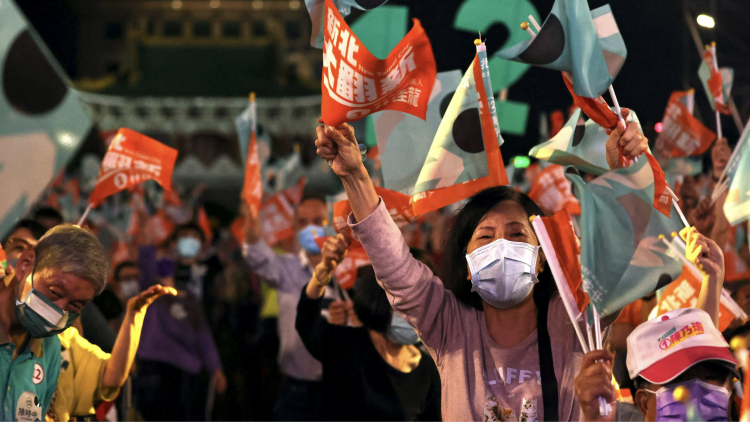Talk on Cheng Nan-jung’s Self-immolation in 1989: The New Concerned Intellectuals, Civil Society, and Democracy Movements in Taiwan

Key information
- Date
- Time
-
3:00 pm to 4:30 pm
- Venue
- Paul Webley Wing (Senate House)
- Room
- SALT
About this event
Chen Song-Chuan
*Please be aware that this session follows British Summer Time (BST) .
Abstract
What was Taiwan’s secret political formula that empowered its democratic transformation, so that by 2021 the island country was hailed as “beacon of democracy in Asia,” in the “Democracy Index”, ranked number eight, ahead of the United Kingdom (18), France (22) and the United States (26)? This talk centres on the role played by the intellectuals who were the “new concerned intellectuals” taking the knowledge traditions of both China and the West as their heritage to forge a Chinese democratic culture on Taiwan. It focuses on the self-immolation of journalist Nan-jung Cheng (鄭南榕, also known as Nylon Cheng) who lit a fire under Taiwan’s politics in 1989 and in so doing exemplifies the most radical of the new concerned intellectuals. Taiwan’s new concerned intellectuals had its origins in the early twentieth century in mainland China in the May Fourth Movement, during which the tradition of “new concerned intellectuals” was first established. The intellectuals occupied a unique social-political position in Chinese history and society that was empowered by the one and half millennia tradition of giving the learned elite the duty and right to be the socio-political elite. The intellectuals in Taiwan, ever since the late 1980s, used this unique position to build a civil society in the western model to balance the power of the state. This talk will also compare Taiwan’s transformation to China’s that witnessed the massacre in Tiananmen in 1989. While the young intellectuals in China could not break the political monopoly of the Communist Party, their counterpart in Taiwan succeeded in challenging the Nationalist Party’s total control, fulfilling the dream of a democratic Chinese society.
(Front cover of The Freedom Era Weekly (21 May 1989). Courtesy Nylon Cheng Liberty Foundation
Speaker Bio
Song-Chuan Chen (陳松全) is Associate Professor in Modern Chinese History at Warwick University. His research interest lies in the field of historical and contemporary interactions between China and the West. His recent publications include “The Power of Ancestors: Tombs and Death Practices in Late Qing China’s Foreign Relations, 1845–1914 (Past & Present, 2018) and Merchants of War and Peace: British Knowledge of China in the Making of the Opium War (2017).
Organiser: Centre of Taiwan Studies
Contact email: hl55@soas.ac.uk

